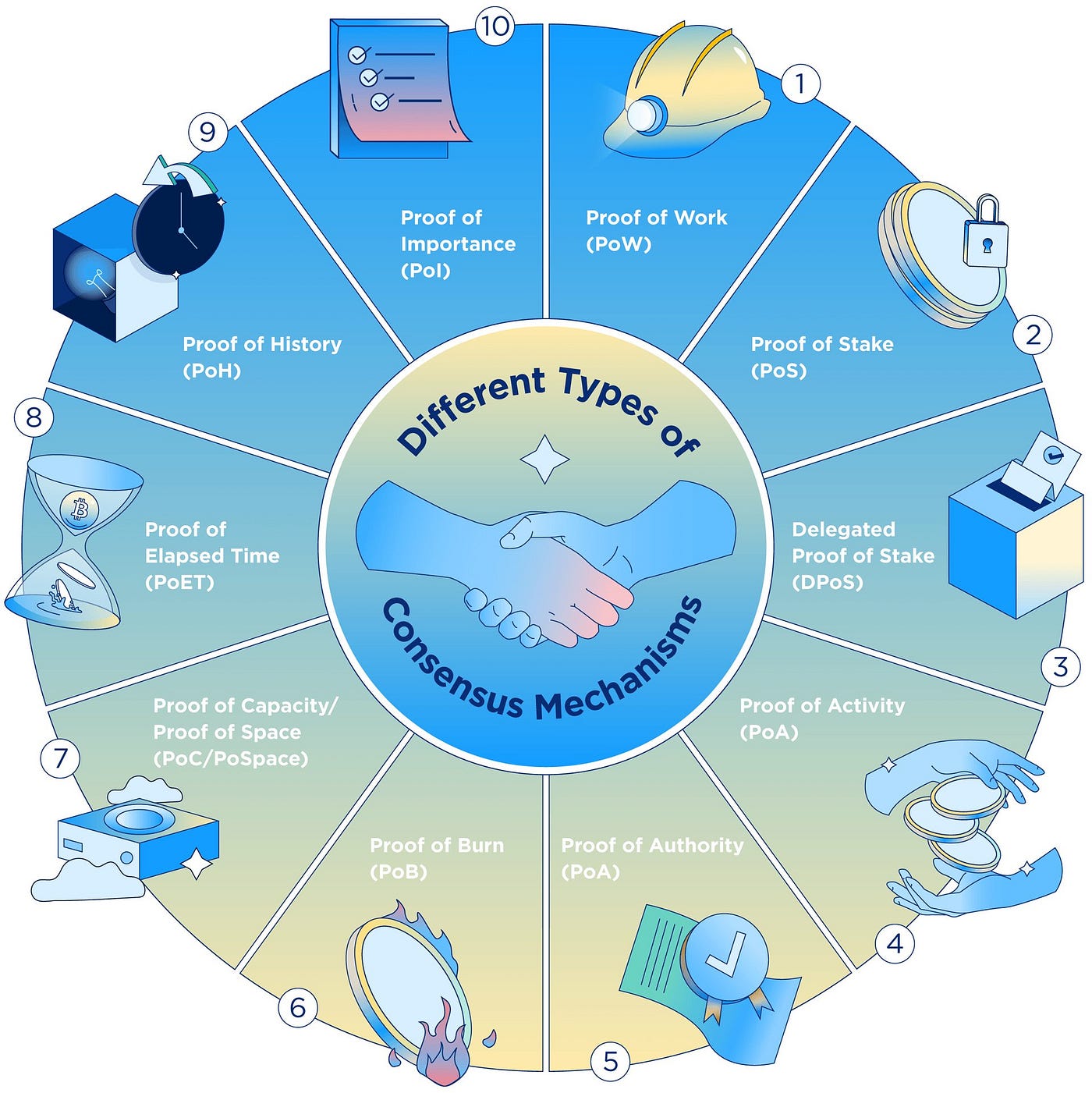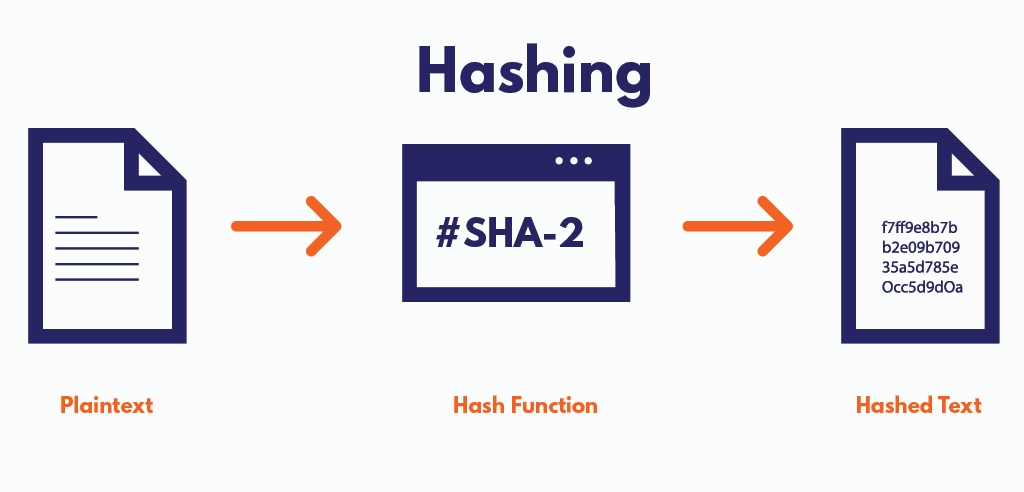
Understanding Secure Consensus Mechanisms
Secure consensus mechanisms play a pivotal role in various distributed systems, ensuring the reliability and trustworthiness of transactions and data exchanges. These mechanisms, commonly employed in blockchain and decentralized networks, establish agreement among participants while safeguarding against malicious actors. Let’s delve into the key aspects and importance of secure consensus mechanisms.
The Foundation of Trust in Decentralized Systems
In decentralized systems, trust is foundational. Secure consensus mechanisms serve as the bedrock of trust, enabling participants to reach an agreement on the validity of transactions without relying on a central authority. This is particularly crucial in scenarios where traditional trust models may be insufficient or prone to manipulation.
Diverse Approaches to Secure Consensus
1. Proof of Work (PoW)
Proof of Work is a well-known consensus mechanism, prominently used in cryptocurrencies like Bitcoin. Participants, known as miners, solve complex mathematical puzzles to validate transactions and create new blocks. While effective, PoW has faced criticism for its energy consumption.
2. Proof of Stake (PoS)
In PoS, participants, referred to as validators, create new blocks and validate transactions based on the amount of cryptocurrency they hold. PoS is often considered a more energy-efficient alternative to PoW, but its effectiveness relies on the economic stake of participants.
3. Delegated Proof of Stake (DPoS)
DPoS is a variation of PoS where participants vote for a set number of delegates who are responsible for validating transactions and creating blocks. This approach aims to enhance scalability and efficiency while maintaining a decentralized structure.
Importance of Security in Consensus
1. Resistance to Attacks
Secure consensus mechanisms are designed to resist various types of attacks, including Sybil attacks, where a single participant controls multiple nodes to manipulate the system. The cryptographic principles underlying these mechanisms ensure the integrity of the network.
2. Immutability and Tamper-Resistance
The security of consensus mechanisms contributes to the immutability and tamper-resistance of the distributed ledger. Once a block is added to the blockchain through a secure consensus process, altering or tampering with the data becomes practically impossible.
Challenges and Evolving Solutions
1. Scalability Concerns
One of the challenges in secure consensus mechanisms is scalability. As blockchain networks grow, the efficiency of some consensus algorithms may decrease. Ongoing research and development focus on addressing scalability concerns without compromising security.
2. Hybrid Approaches
Some projects adopt hybrid consensus mechanisms, combining elements of different approaches to achieve a balance between security, scalability, and decentralization. These hybrid models aim to leverage the strengths of multiple mechanisms while mitigating their individual weaknesses.
Secure Consensus Mechanisms: A Link to Enhanced Trust
To delve deeper into the world of secure consensus mechanisms and their applications in fortifying trust within decentralized networks, visit Secure consensus mechanisms. This resource offers valuable insights, practical guidance, and the latest updates to empower organizations and individuals in navigating the complexities of secure consensus.
In conclusion, secure consensus mechanisms are integral to the functioning and reliability of decentralized systems. As blockchain technology continues to evolve, understanding the nuances of different consensus models becomes crucial for making informed decisions. By prioritizing security, scalability, and innovation, the realm of secure consensus mechanisms contributes significantly to the establishment of trust in decentralized ecosystems.
























